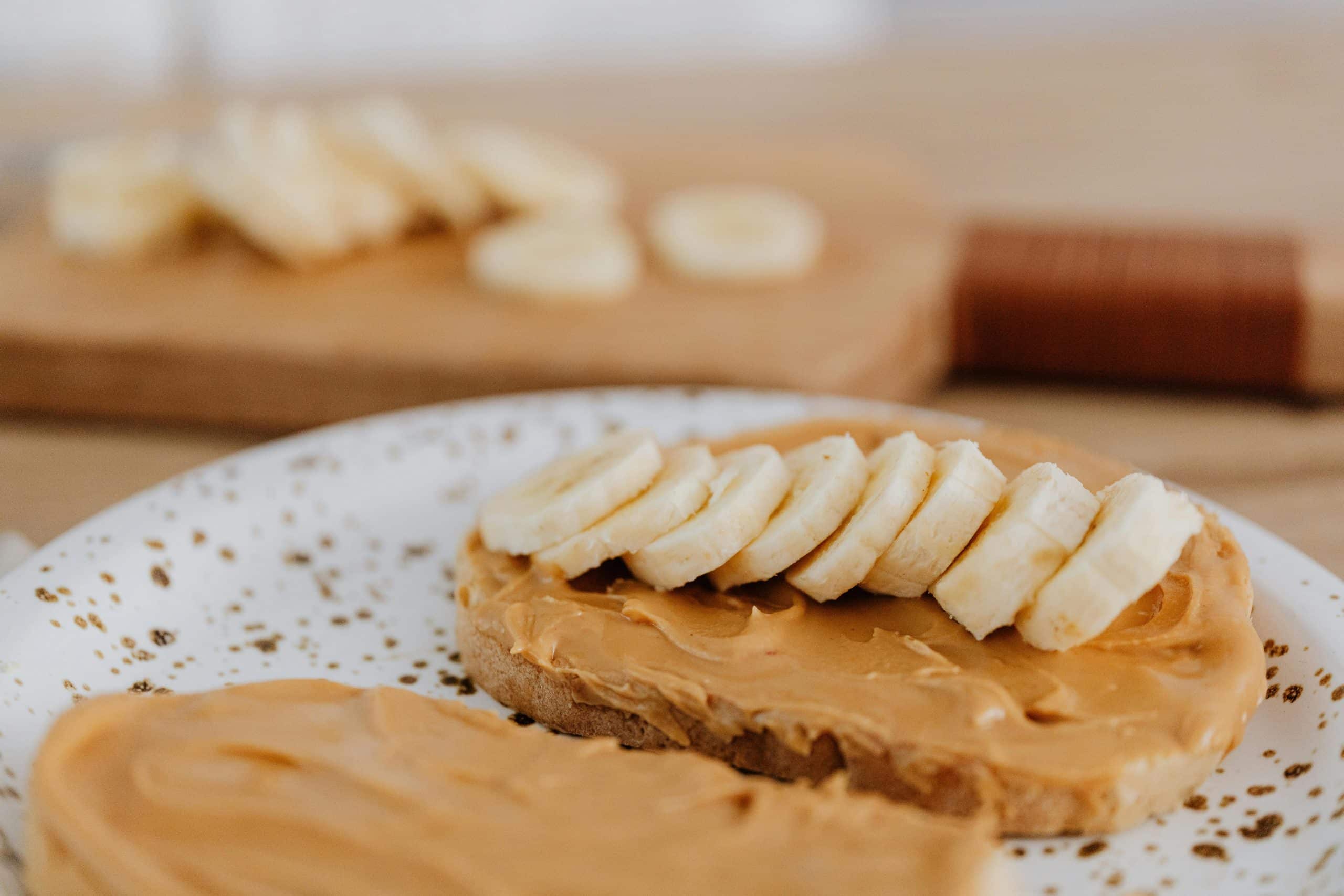How are UK pediatric allergists using oral immunotherapy to treat peanut allergies in children?

Food allergies, in particular, peanut allergies, are a growing concern in the global public health community. In the U.K, this issue has come to the fore as the prevalence of peanut allergies in children has increased over the years. Enter oral immunotherapy (OIT), a treatment modality gaining ground for its potential to help allergic children. This piece brings together insights from various scholarly sources, including renowned databases like Google Scholar and PubMed. It explores how UK pediatric allergists are leveraging OIT to treat peanut allergies in children.
Oral immunotherapy: An overview
Oral immunotherapy (OIT) is a form of treatment that involves gradually exposing an individual to increasing amounts of an allergen, with the aim of desensitizing their immune system to it. For peanut allergies, this would involve controlled and escalating exposure to peanuts.
Dans le meme genre : How can UK pathologists use digital pathology to enhance accuracy in cancer diagnosis?
Recent studies have demonstrated the potential of OIT in managing food allergies. One such study published in the Journal of Allergy and Clinical Immunology (JACI) reported that OIT could significantly reduce allergic reactions to peanuts in allergic children. According to the study, over 80% of the patients who underwent peanut OIT could consume up to five peanuts without experiencing an allergic reaction.
The use of OIT by UK pediatric allergists
In the U.K, pediatric allergists are increasingly embracing OIT as a viable treatment option for peanut allergies in children. This shift has been informed by a growing body of clinical evidence supporting the efficacy of OIT in desensitizing children to peanuts.
A découvrir également : Can UK sports medicine specialists design customized rehabilitation programs for athletes after ACL reconstruction?
A 2019 study published in The Lancet revealed that over 67% of children who underwent peanut OIT in the U.K could tolerate a dose of peanut protein equivalent to about two peanuts. This study provides compelling evidence of the role that OIT can play in managing peanut allergies and is one of the reasons why UK pediatric allergists are incorporating it into their treatment protocols.
Moreover, many allergists are offering OIT as an outpatient treatment, allowing patients to undergo the therapy in the comfort of their homes under the careful monitoring of healthcare personnel.
The impact of OIT on the quality of life (QoL) of allergic children
Oral immunotherapy does not only help desensitize children to peanuts but also significantly improves their quality of life (QoL). Living with a severe food allergy can be stressful and limiting for both the child and their family. However, the advent of OIT has been a game-changer in this regard.
Numerous studies have shown that OIT can enhance the QoL of allergic children by reducing anxiety and fear related to accidental exposure. A 2020 study published in Clinical and Experimental Allergy found that children who underwent OIT experienced a significant improvement in their QoL scores. The study concluded that OIT could effectively alleviate the psychological burden associated with severe food allergies.
The future of OIT in the treatment of peanut allergies in children
The use of OIT in treating peanut allergies is still in its infancy, particularly in the U.K. Currently, there are ongoing clinical trials aimed at refining the OIT protocols, determining optimal dosing strategies, and assessing the long-term effects of this treatment.
Findings from these studies will influence the future of OIT in the U.K and beyond. For instance, a study published in Clinical Immunology is evaluating the impact of OIT on the immune system's response patterns in allergic children. Findings from this study could lead to more personalized OIT protocols, thereby improving the treatment's efficacy and safety.
Despite the promising prospects of OIT, it is crucial to understand that this treatment is not a "one-size-fits-all" solution. Not all children with peanut allergies will be suitable candidates for OIT. It is, therefore, crucial for allergists to carry out a comprehensive assessment before initiating OIT, taking into account the patient's allergy severity, overall health status among other factors.
In conclusion, the landscape of peanut allergy treatment in the U.K is evolving, with OIT taking center stage. As more clinical evidence supporting its efficacy and safety emerges, it is likely that OIT will become a mainstay in the management of peanut allergies in children. However, for this to be achieved, there is a need for continued research and comprehensive patient education.
Efficacy and Safety of OIT: A Closer Look
Oral Immunotherapy (OIT) involves a potential risk of side effects and allergic reactions. However, most of these are typically mild and manageable, such as itching in the mouth or mild stomach discomfort. Only in rare cases, severe reactions like anaphylaxis might occur, which calls for immediate medical attention.
A meta-analysis published in Clin Immunol evaluated the safety and efficacy of OIT for food allergies, including peanut allergies. The study reviewed outcomes from several clinical trials involving peanut OIT. The results indicated that, despite the risk of side effects, OIT was generally well-tolerated by children with peanut allergies and had a positive effect in terms of desensitization.
The pros and cons of OIT need to be weighed before making any treatment decisions. However, the ability to reduce severe allergic reactions, and in some cases, achieve complete desensitization, makes OIT a promising treatment for peanut allergies in children.
It is also important to note that, similar to any other therapeutic intervention, OIT requires careful monitoring and follow-up. In most cases, OIT is carried out under the supervision of trained healthcare professionals, either in a hospital setting or as outpatient treatment. This ensures that any adverse reactions are promptly managed, thereby prioritizing the safety of the child undergoing the treatment.
Peanut OIT and Other Food Allergies: A Comparative Perspective
Though this article primarily focuses on peanut OIT, it is worth mentioning that the principles of OIT are being used to treat other food allergies as well. Cow milk and egg allergies, for instance, are also being managed using similar protocols.
Research published on PubMed showcased successful desensitization in children with cow's milk allergies using OIT. In another study found on Google Scholar, egg OIT demonstrated promising results, with the majority of the participants tolerating increased amounts of egg protein post-treatment.
Despite the underlying similarity, each food allergy presents unique challenges and requires a tailored approach. For peanut allergy, the severity of reactions and the higher prevalence, especially in the U.K, make it a priority for allergists. The advancements in peanut OIT will undoubtedly pave the way for refining and improving OIT protocols for other food allergies.
Conclusion: The Road Ahead for OIT in the U.K
In the U.K and across the globe, food allergies, particularly peanut allergies, pose a significant public health challenge. With the robust evidence backing its efficacy and safety, OIT is being increasingly accepted as a viable treatment strategy by UK pediatric allergists.
The impact of OIT goes beyond reducing allergic reactions. It promises a better quality of life for allergic children, lessening their fears, and providing them with more dietary freedom. This treatment approach, however, is still in its early stages and needs further research.
As we move forward, the focus should be on refining OIT protocols, understanding long-term effects, and personalizing treatment strategies based on individual immune response patterns. This is a field where continuous research should be encouraged, as suggested by various articles on PubMed and Google Scholar.
In summary, while OIT holds great promise, it isn't the right solution for everyone. Comprehensive patient assessment, education, and careful monitoring are crucial for the successful implementation of this therapy. With the collective efforts of the medical community, we can expect OIT to play a pivotal role in managing peanut allergies in children, thereby positively impacting many lives.
